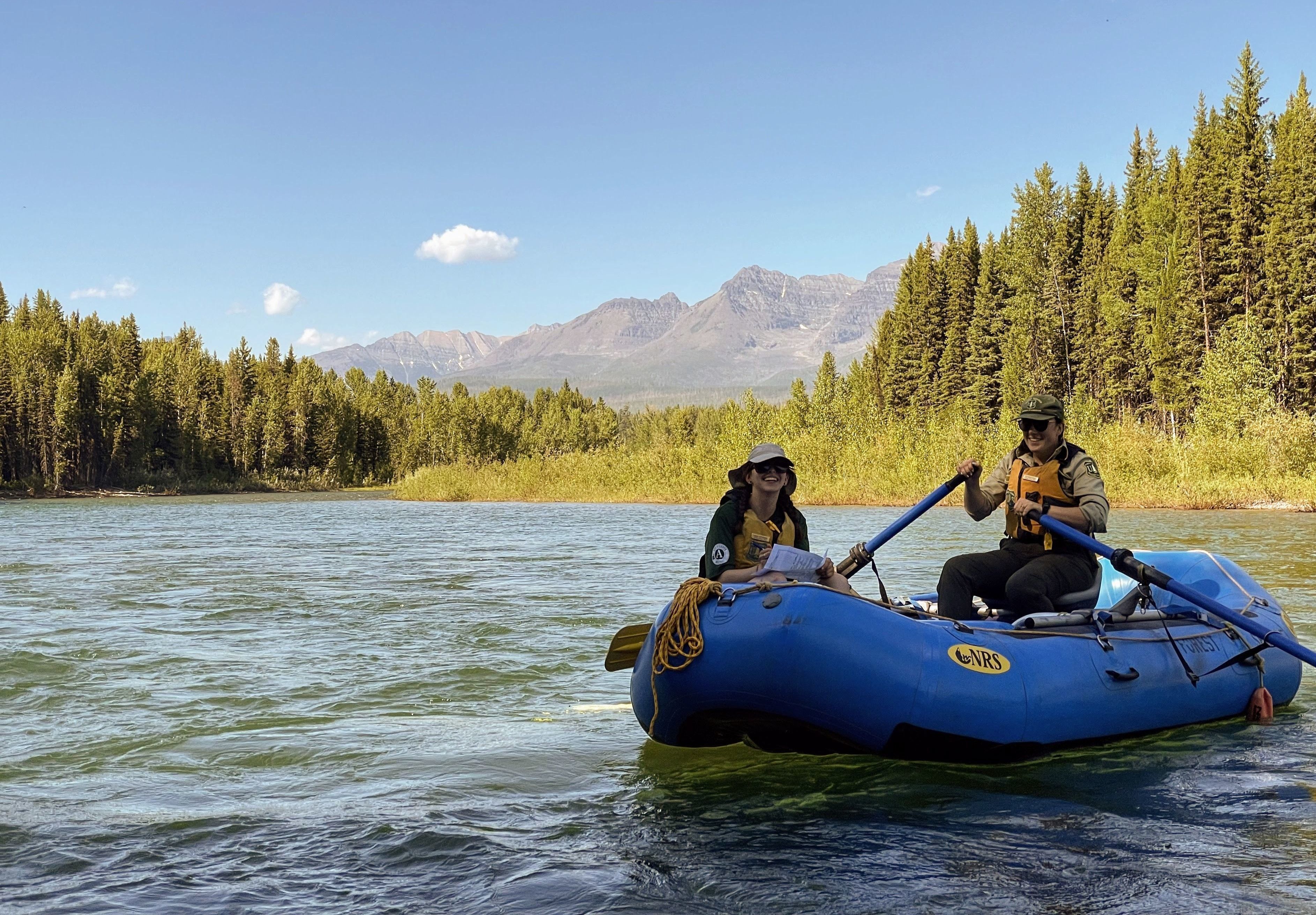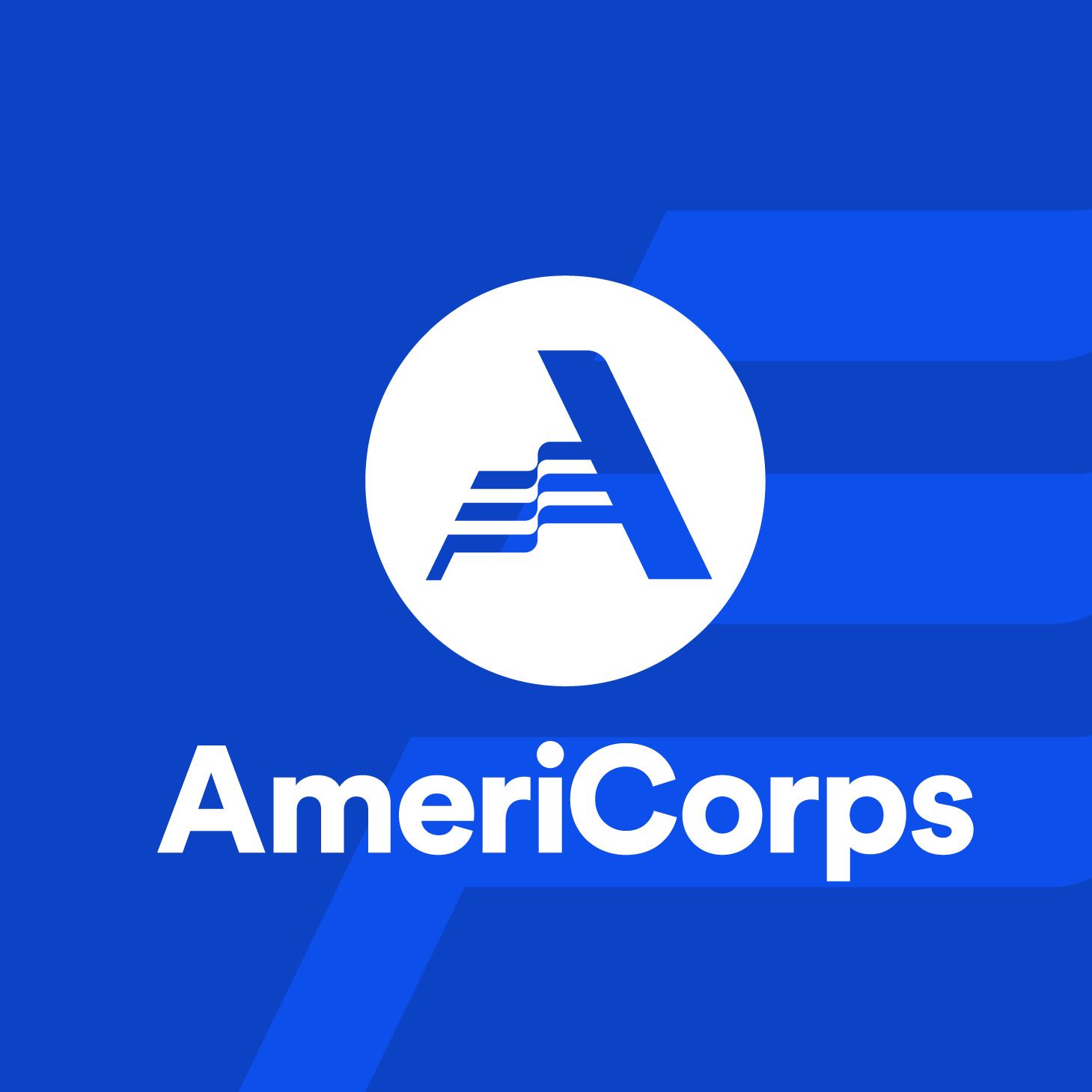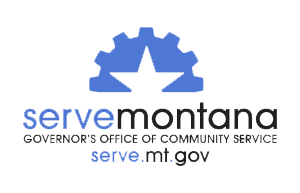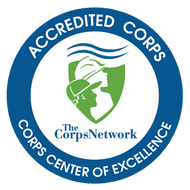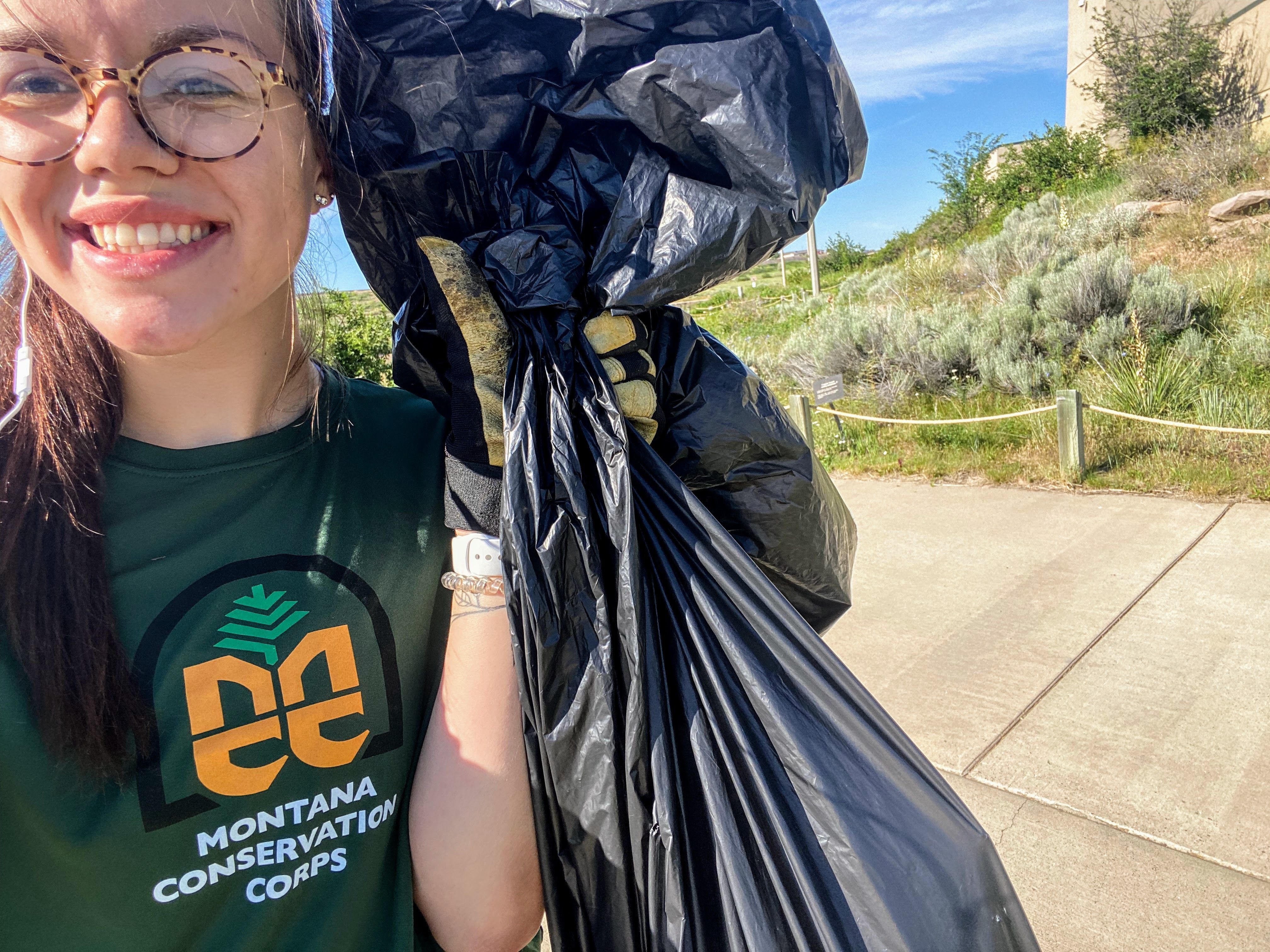
Saying yes: How stepping out of your comfort zone can change your life forever
Republished from OWAA Outdoor Voices Blog / By Lily Simon
As a young girl, I was always curious. I had a Pinterest board full of hikes to go on, and trip itineraries to places all over the world. I knew I was going to experience a lot of things and venture out into the world on my own, although I had no idea where those adventures would take me.
Many people hear the phrase “make sure to travel when you’re young,” and ignore it. Maybe they’re afraid to step out of their comfort zone and embrace the unknown.
I’m lucky enough to have role models in my life who led by example and strived to experience everything there was to experience, both good and bad. Those role models lived without regrets, and I followed in their footsteps. For most people, it’s entirely too daunting to make impulsive travel decisions and then act on them.
I think that it is all too important for individuals to capitalize on these experiences. Unless we make these decisions, we will miss out on life-changing and meaningful experiences, lessons on being adaptable, and engagement with people unlike those they are used to interacting with on a daily basis.
Seize the moment
Great Falls, Montana. A place characterized by its rich heritage based on the impacts of the Lewis and Clark expedition in the early 1800’s, waterfalls, springs, and the C.M. Russell Museum — featuring art exhibits showcasing what the West as it once was. I had the privilege of experiencing what it was like to be a resident of this city during the summer of 2021.
As a college freshman majoring in environmental science, I was burdened with the stress of finding an internship. So, I researched the most impactful internships I could think of. One of my options was the Montana Conservation Corps. My story begins there.
In 1990, a team of people from the Human Resource Development Council agencies formed the Montana Conservation Corps — a nonprofit organization rooted in helping the United States find solutions for community issues.
So, when I discovered that this organization needed summer conservation interns, I applied immediately. During my initial interview, I talked about my passion for conservation education and how being exposed to such programs at an early age in my own life decided the trajectory of my professional career. This led me to be placed as a Conservation Intern at the Lewis and Clark Interpretive Center.
Venturing into uncharted territory
On my first day at the interpretive center, I underwent a crash course in Lewis and Clark history. I learned about the impacts the Corps of Discovery made by mapping uncharted lands, and the medicinal and utilitarian uses for various herbs and plants, like when Merriwether Lewis fell ill and boiled the twigs of a chokecherry plant into stock in order to feel better.
I also learned about the relations the Corps had with Native American tribes and the role of animals in the expedition. The rudimentary AP United States History course I took in high school did not prepare me for the amount of knowledge thrown at me.
I was shell-shocked at first. I didn’t understand how Lewis and Clark were related to the environment. As time passed and my skills and knowledge developed, I learned that the expedition had everything to do with the environment.
One of my main tasks at the interpretive center was to share with tourists how Lewis and Clark used the planet and its natural resources to survive the expedition. For example, without cottonwood trees, Lewis, Clark, and the Corps of Discovery would not have been able to make the dugout canoes they used for the expedition or have firewood and other tools they needed to survive the exposure to the elements.
Lewis and Clark learned from the Shoshone tribe that traveled with them. Sacagawea not only served as a primary communicator for the Corps, but she also identified natural landmarks that enabled the Corps to successfully navigate mountain passes. She taught them which herbs could help heal small cuts, remedy small sprains, and which plants were edible or not. This introduction to the Native American influence on the expedition is something I will cherish forever. It allowed me to develop a greater perception of the conflicts that this demographic still deals with today, and afforded me the realization that I could learn ways to help mitigate this knowledge barrier.
Seeking happiness in new places
Great Falls is a change for a girl used to living in urban Ohio. I was exposed to wildfires and extreme heat, a broad ideological spectrum of beliefs, and extremely small-town life (relative to Cleveland, Ohio). I also met some of my very best friends.
In May of 2021, I took a trip to Glacier National Park. I slept under the stars next to a bonfire and met a group of people that are now some of my very best friends. If we had not decided to stay at a particular campsite, I would have never met these people. I also stayed with some friends who were living at rangers’ stations in Yellowstone National Park.
I experienced a behind-the-scenes look at one of the country’s most notable National sites while fulfilling my lifelong dream of seeing a grizzly bear through binoculars. I explored the Badlands, Mount Rushmore the Corn Palace in South Dakota, and the Crazy Horse Memorial in Rapid City, and witnessed my first big-horn sheep crossing. Without my major career anxiety, I would have never been able to gather such incredible memories.
This internship wasn’t what I expected, but I will never take the experience for granted. I explored National Parks, watered cottonwood trees along the Missouri River, built and maintained several trails along the Continental Divide, drove across the country (twice) as an 18-year-old girl (talk about empowering!), developed a love for snakes, bison, and birds, made more friends and connections with strangers in Montana than I ever had in Ohio, and learned that I belong in the nonprofit world.
Unfortunately, all things must end at some point. I left Montana in August of 2021 at the and returned to The Ohio State University. I knew I would return to the West eventually. All of my friends were still there after all. So as a senior in college, I made it happen. I finished enough school to give myself the ability to finish my last semester online and return to work with the Montana Conservation Corps for another term.
This time I’m living in the Beartooth Wilderness doing what I love the most, teaching environmental education. I know I’ll have even more experiences that will last me a lifetime whilst not knowing where I will be a year from now. And that is the most exciting thing for me.
Stepping out of your comfort zone can lead to the unexpected, and may even change your life forever. I started all of this to feel validated as a college student trying to find her way in the world. Now, spur-of-the-moment travel decisions make up a great part of my life story. This all happened because I said “yes.”
Lily Simon is a current OWAA journalism intern.

